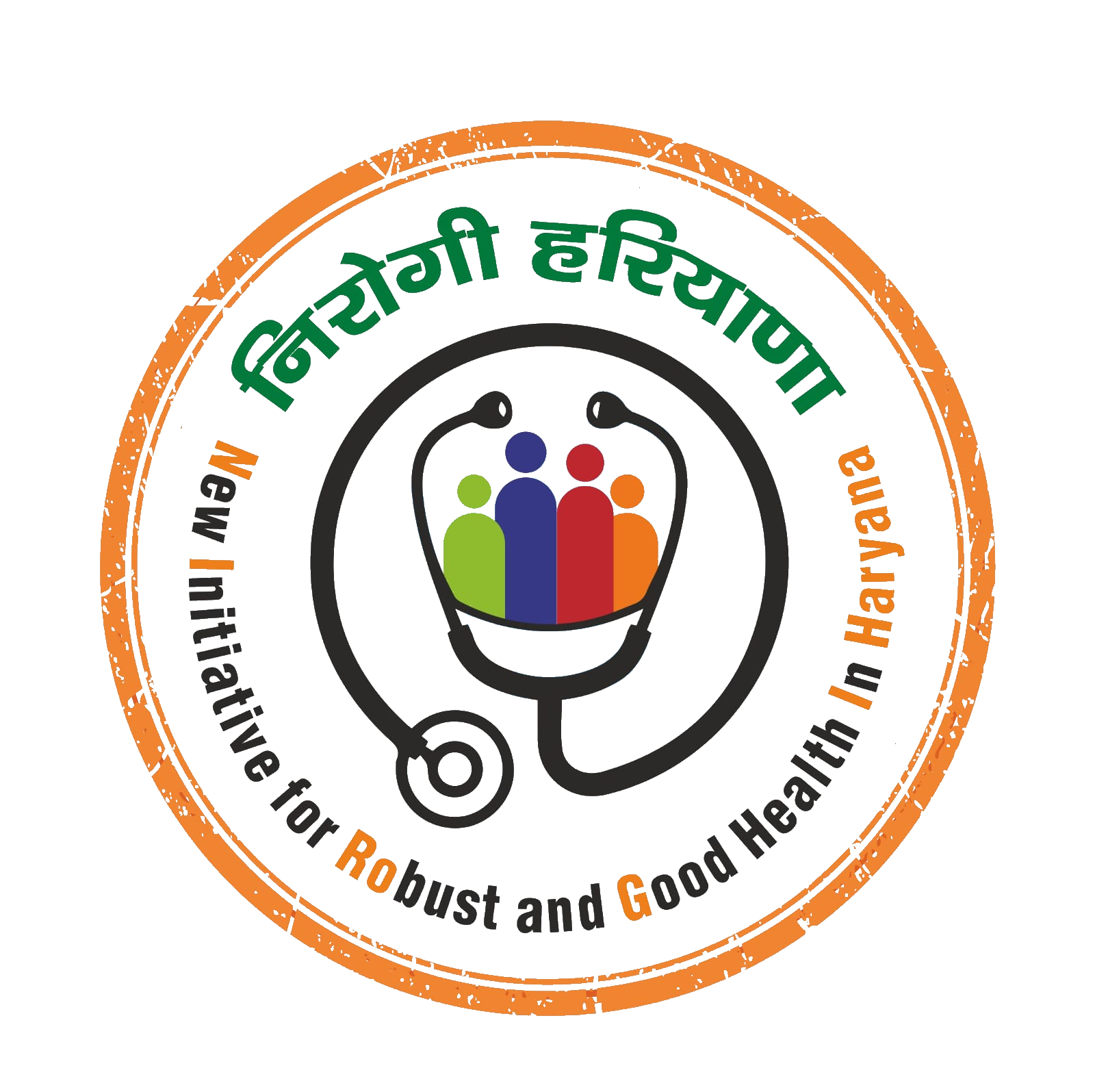Transplantation of Human Organs & Tissues
Organ transplantation:
Organ transplantation is the life-saving therapy for end-stage organ failure. Transplantation involves the removal of damaged/injured tissues or organs from the body of a person and their substitution by similar tissues/organs from a donor; and it is the act of surgical removal of an organ from one person and placing it into another person.
The world’s first successful organ transplant was kidney transplantation which was undertaken by David Hume and Joseph Kelly at the Peter Brigham Hospital in Boston in 1954. The first kidney transplant in India was performed on 1st December, 1971 at the Christian Medical College, Vellore (Tamil Nadu).
Organs & tissues which may be transplanted:
The most commonly transplanted organs are the kidney, liver, heart, lungs, pancreas & intestines, and tissues are corneas, heart valves, skin and bone.
Organ donation:
Organ donation means giving part of body (organ) to a person with end-stage organ disease requiring a transplant.
An organ is a part of the body that performs a specific function: e.g. heart, lungs, kidney, liver, etc. The organs that can be donated for transplantation include kidney, liver, heart, lungs, and small bowel and tissues such as corneas, heart valves, skin and bone.
Tissue means a group of cells performing a particular function in the human body such as bone, skin, cornea of the eye, heart valve, blood vessels, nerves and tendon etc.
There are two types of organ donation:
Living Near Related Donors:
- Living Donor Organ Donation: A person during his life can donate one kidney (the other kidney is capable of maintaining the body functions adequately for the donor), a portion of pancreas (half of the pancreas is adequate for sustaining pancreatic functions) and a part of the liver (the segments of liver will regenerate after a period of time in both recipient and donor).
- Living Donor is any person not less than 18 years of age, who voluntarily authorizes the removal of any of his organ and/or tissue, during his or her lifetime, as per prevalent medical practices for therapeutic purposes.such as bone, skin, cornea of the eye, heart valve, blood vessels, nerves and tendon etc.
Types of living organ donation
- Only immediate blood relations are accepted usually as donors viz., parents, siblings, children, grandparents and grandchildren (THOA Rules, 2014). Spouse is also accepted as a living donor in the category of near relative and is permitted to be a donor.
- Living Non- near relative Donors: are other than near relative of recipient or patient. They can donate only for the reason of affection and attachment towards the recipient or for any other special reason.
- SWAP Donors: In those cases, where the living near-relative donor is incompatible with the recipient, provision for swapping of donors between two such pairs exists, when donor of first pair matches with the second recipient and donor of second pair matches with the first recipient This is permissible only for near relatives as donors
Deceased Donor (Cadaver) Organ Donation:
- A person can donate multiple organ and tissues after (brain-stem/cardiac) death. His/her organ continues to live in another person’s body. Deceased Donor is anyone, regardless of age, race or gender can become an organ and tissue donor after his or her Brainstem Death. Consent of near relative or a person in lawful possession of the dead body is required. If the deceased donor is under the age of 18 years, then the consent required from one of the parent or any near relative authorized by the parents is essential. Medical suitability for donation is determined at the time of death.
National Organ Transplant Programme:
Directorate General of Health Services, Government of India is implementing National Organ Transplant Programme for carrying out the activities as per amendment Act, training of manpower and promotion organ donation from deceased persons
To Know more about National Organ Transplant Programme- Click Here
National Organ & Tissue Transplant Organization (NOTTO):
NOTTO is a National level organization set up under Directorate General of Health Services, Ministry of Health & Family Welfare, Government of India. National Network division of NOTTO functions as apex centre for coordinating all activities and networking for procurement & distribution of organs & tissues and maintaining registry of organs & tissues donation & transplantation in the country, through ROTTOs and SOTTOs.
Regional Organ & Tissue Transplant Organization (ROTTO) for State of Haryana is PGIMER, Chandigarhhttps://pgimer.edu.in/ whereas the State Organ & Tissue Transplant Organization (SOTTO) is PGIMS, Rohtak (pgimsrohtak.ac.in)
Know detailed information of NOTTO at https://www.notto.gov.in/
Legal frame work in India:
In India, the Transplantation of Human Organs Act was passed in 1994. It provides a system to regulate removal, storage and transplantation of human organs for therapeutic purposes and for prevention of commercial dealings in human organs. Consequently, this act was amended in 2011. In pursuance to the amendment Act 2011, Transplantation of Human Organs and Tissues Rules 2014 have been notified in March’ 2014. The Transplantation of Human Organs Act, 1994 has been adopted by the State of Haryana and is applicable in the State.
Know Frequent Asked Questions (FAQs) related to organ & tissue donation at https://www.notto.gov.in/faqs.htm



